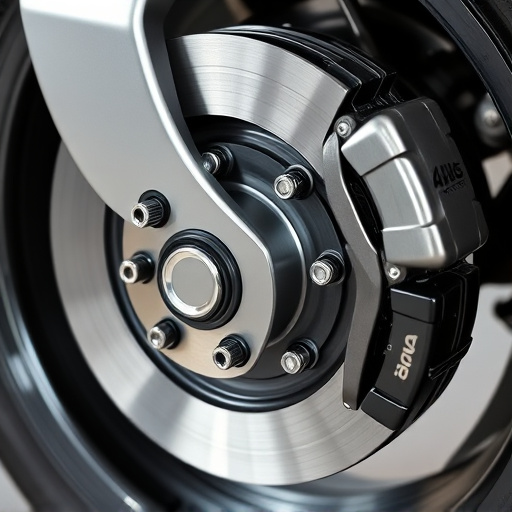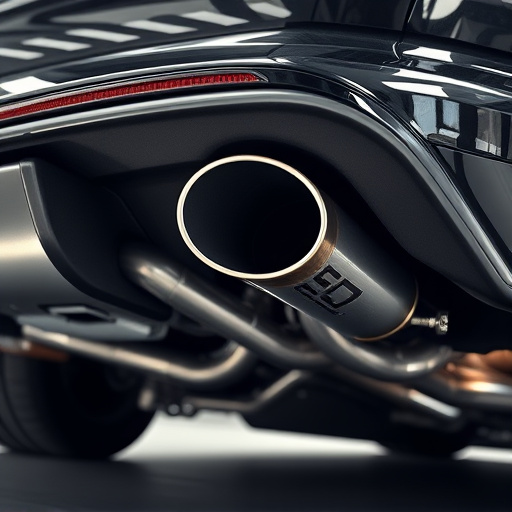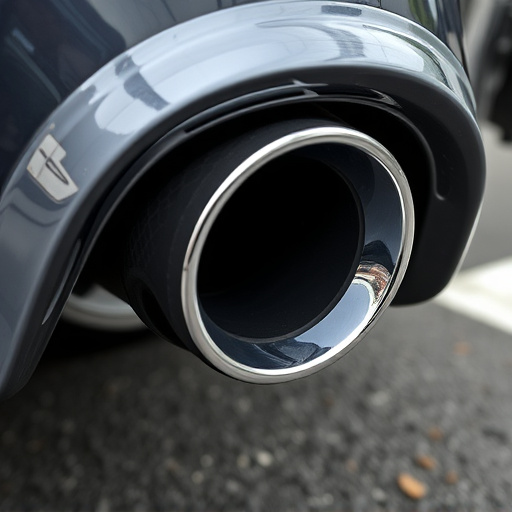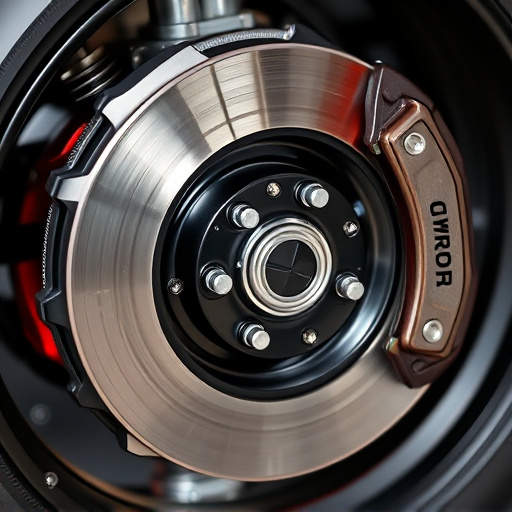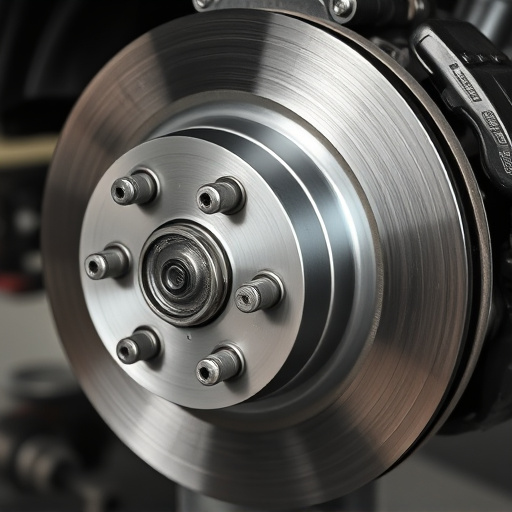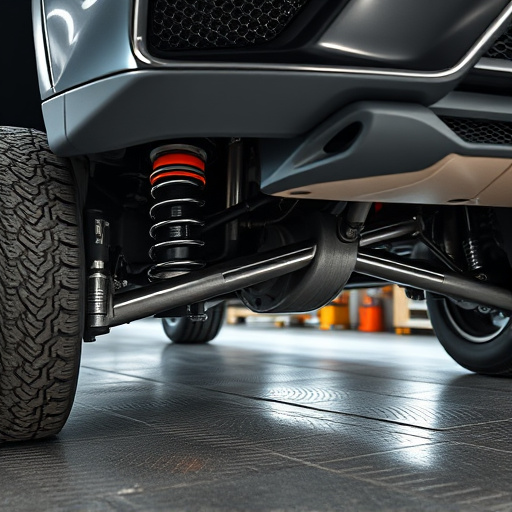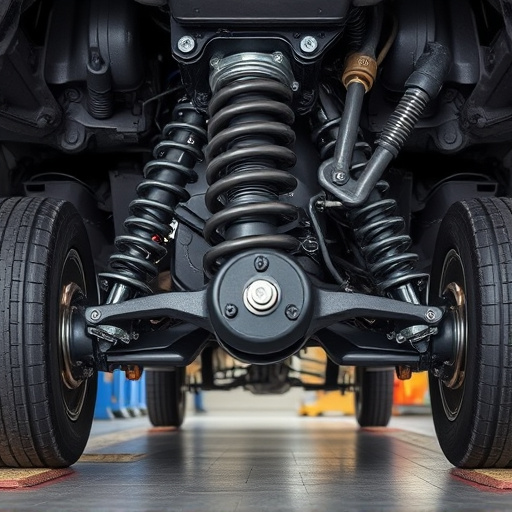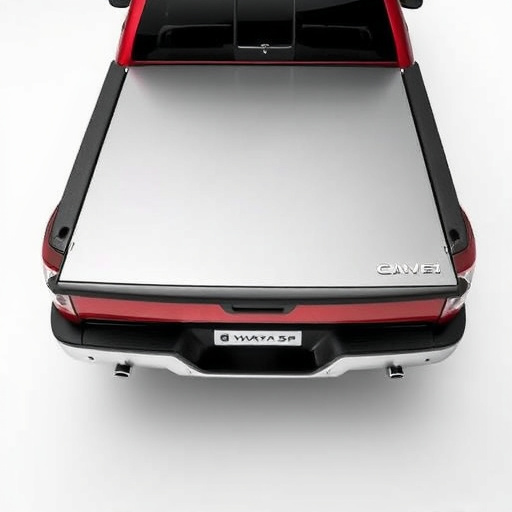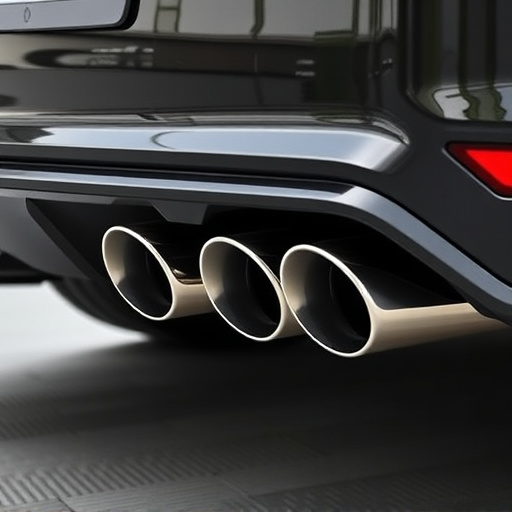Muffler bypass, a popular modification among muscle car and hot rod enthusiasts, reroutes exhaust gases around the primary muffler to enhance engine performance. This technique boosts horsepower, torque, fuel efficiency, and responsiveness, creating an exhilarating driving experience when paired with other high-performance upgrades. However, it may increase noise levels, produce excess heat, and cause power loss if not installed properly, making it better suited for performance-focused vehicles over daily drivers.
Muffler bypass, a modification commonly seen in muscle cars and hot rods, offers enthusiasts an intriguing balance between performance enhancement and auditory delight. This technique involves redirecting exhaust gases around the stock muffler, potentially boosting horsepower and torque while altering the vehicle’s distinctive sound signature.
In this article, we’ll explore how muffler bypass works, its implementation in popular ride models, and the advantages and disadvantages it presents for car enthusiasts seeking that perfect blend of power and audio experience.
- Understanding Muffler Bypass: The Concept and Its Benefits
- How Muffler Bypass Is Implemented in Muscle Cars and Hot Rods
- Pros and Cons: Weighing the Impact of Muffler Bypass on Performance and Sound
Understanding Muffler Bypass: The Concept and Its Benefits
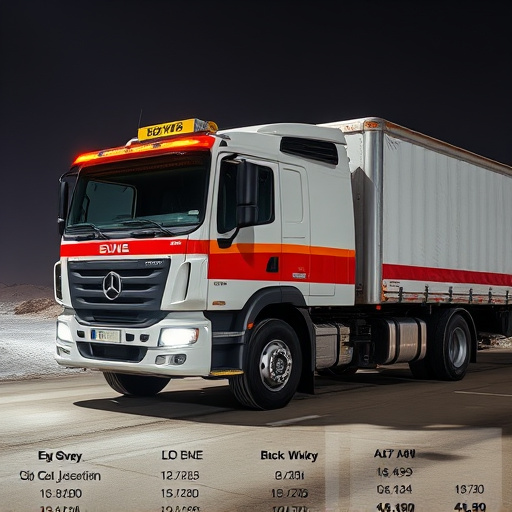
Muffler bypass is a modification technique that involves rerouting the exhaust gases from the engine around the primary muffler. This concept has gained significant popularity in muscle cars and hot rods due to its potential to enhance performance exhaust. By bypassing the stock muffler, the modified exhaust system can reduce backpressure, allowing for freer flow of gases and improved engine performance.
This modification offers several benefits, including increased horsepower and torque, which are crucial factors sought after by car enthusiasts. Additionally, a muffler bypass can contribute to better fuel efficiency and a more responsive engine. When combined with other high-performance components like air filter kits and performance brakes, it creates a comprehensive upgrade that enhances the overall driving experience, making these vehicles even more dynamic and exhilarating on the road.
How Muffler Bypass Is Implemented in Muscle Cars and Hot Rods

Muffler bypass systems are a common modification found in muscle cars and hot rods, offering enthusiasts an easy way to enhance vehicle performance. This simple yet effective technique involves redirecting a portion of the exhaust gases around the stock muffler, allowing for a freer flow of gases and reducing backpressure. The process typically entails installing a bypass pipe or flange that connects directly to the exhaust manifold or header, bypassing the muffler entirely.
Many muscle car and hot rod owners opt for this modification alongside other performance upgrades like cold air intakes, as it can significantly impact overall vehicle performance. By eliminating restrictions in the exhaust system, muffler bypass enhances engine power and torque, resulting in improved acceleration and a more responsive drive. This DIY approach is popular among customizers due to its relative simplicity and the noticeable gains it provides.
Pros and Cons: Weighing the Impact of Muffler Bypass on Performance and Sound

Muffler bypass systems have become increasingly popular among muscle car and hot rod enthusiasts, offering a direct path for exhaust gases to escape without passing through the muffler. This modification provides several advantages in terms of performance. By reducing backpressure, it allows for better airflow and increased engine power, particularly at high RPMs. This can lead to enhanced acceleration and improved overall driving experience. Additionally, a muffler bypass can contribute to a more aggressive and sporty exhaust note, appealing to those who prefer a louder, more distinctive sound.
However, there are also drawbacks to consider. The primary concern is the potential increase in noise levels, which may be unwanted in certain environments or for legal reasons. Moreover, without the muffling effect, the exhaust system might produce excessive heat, requiring additional cooling measures. Improper installation can also lead to power loss and reduced fuel efficiency. Unlike performance exhaust systems that offer a balance between power gain and drivability, a muffler bypass may not be suitable for daily drivers due to its more aggressive sound and potential legal implications, especially when compared to the quiet operation provided by air filter kits or performance brakes designed for street use.
Muffler bypass has become a popular modification among muscle car and hot rod enthusiasts, offering both performance enhancements and unique sound characteristics. By rerouting exhaust gases around the muffler, this technique allows for increased engine power and a deeper, more aggressive exhaust note. However, it’s essential to balance these advantages against potential drawbacks, such as reduced fuel efficiency and increased noise levels in certain environments. Understanding the intricacies of muffler bypass and its impact on both performance and legal regulations is crucial before making this modification.

